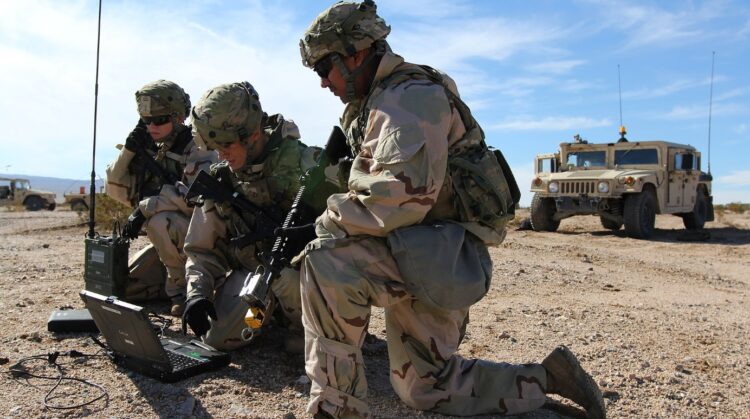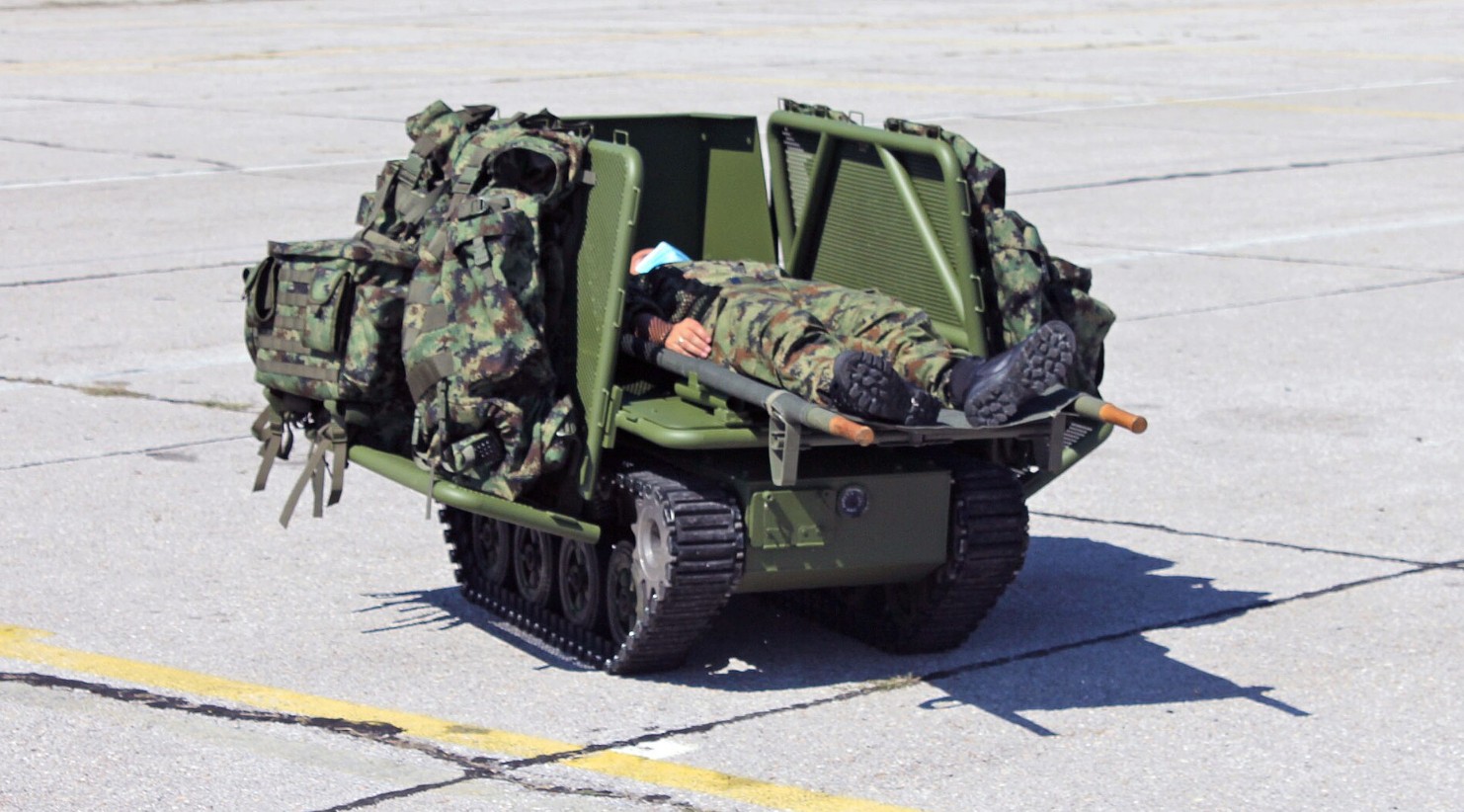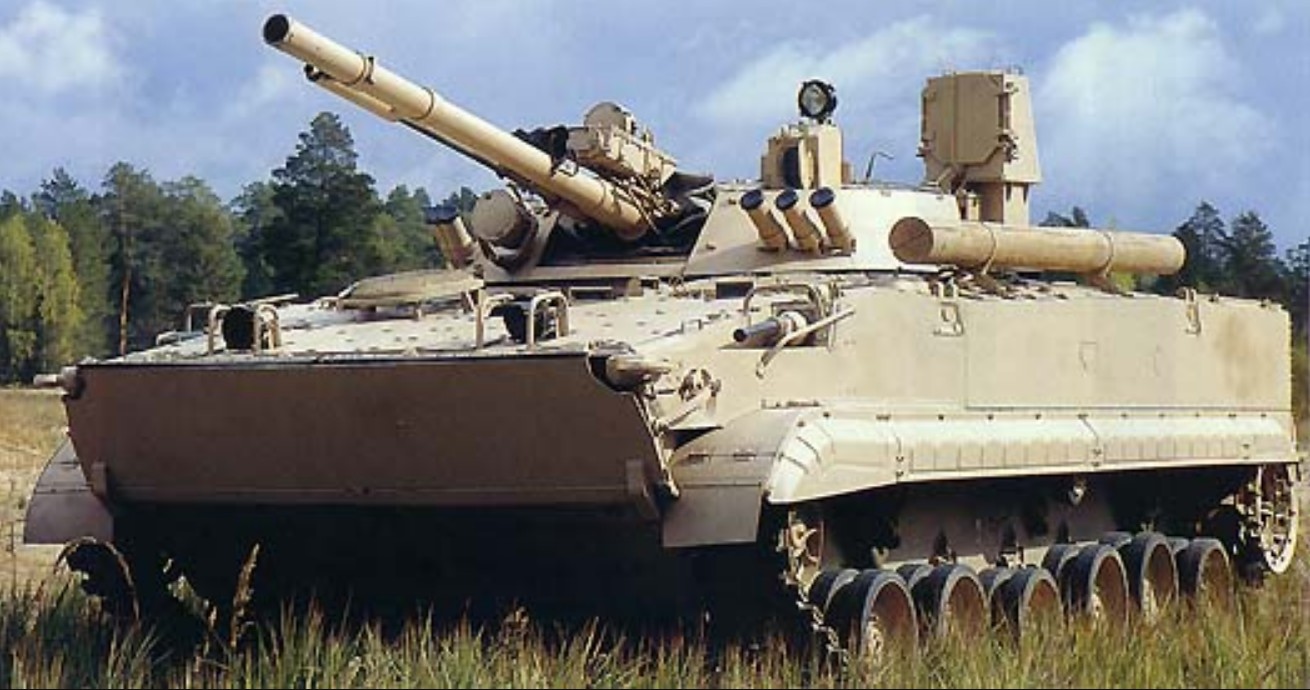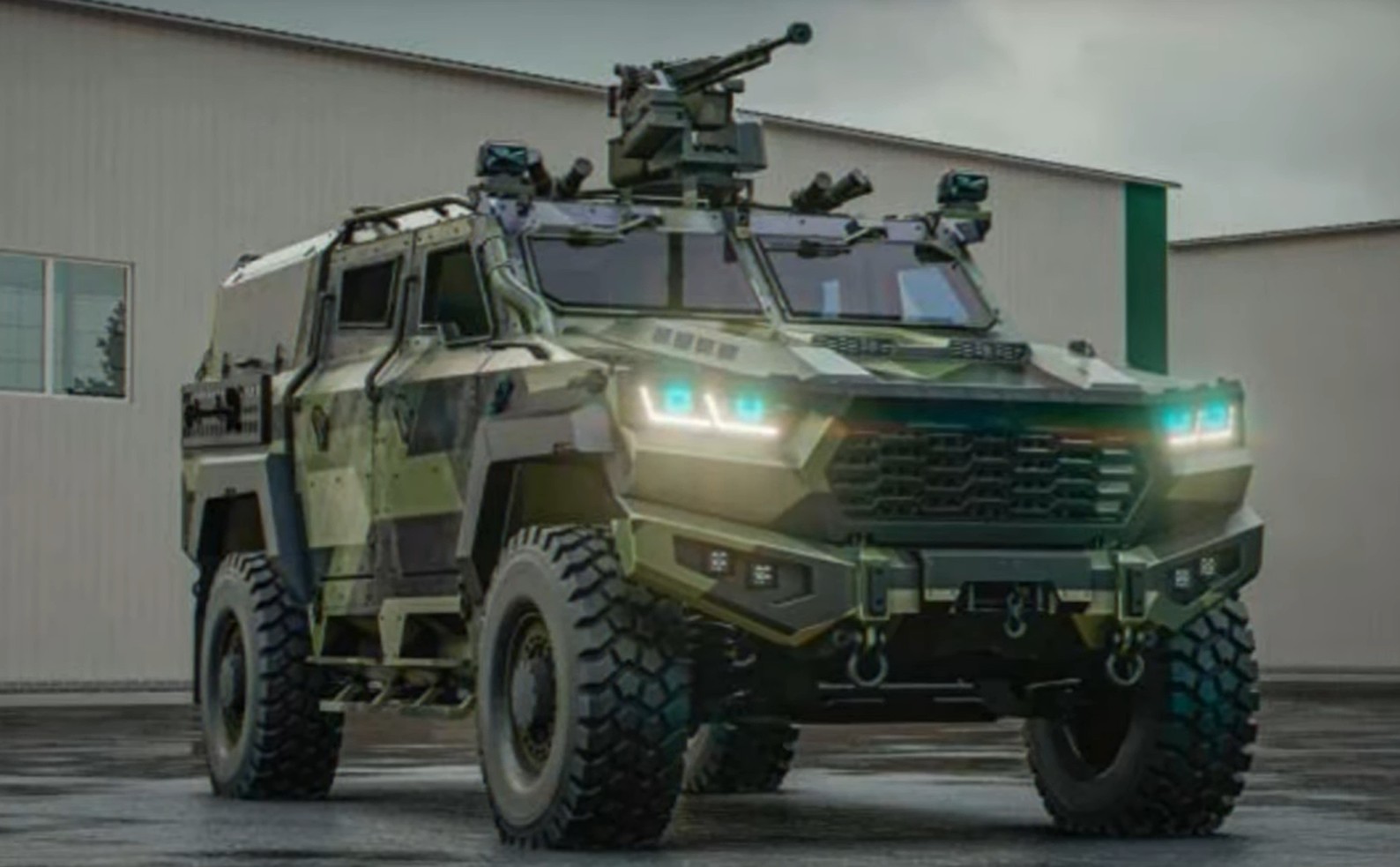Understanding the Scope of AI in Cyber Warfare
In the rapidly evolving landscape of modern warfare, Artificial Intelligence (AI) stands as a transformative technology capable of reshaping how military operations are conducted. The U.S. Army Cyber Command recognizes the vital importance of AI and has set forth a comprehensive multi-year plan aimed at operationalizing AI across various facets of its cyber strategy. This plan signifies a pivotal step towards enhancing the cyber capabilities essential for national defense.
Key Objectives of the Plan
The multi-year plan focuses on several key objectives designed to integrate AI technologies into the U.S. Army Cyber Command’s operational framework:
- Enhancing Threat Detection: Utilizing AI to improve threat detection by analyzing vast amounts of data to identify potential cyber threats more efficiently and accurately.
- Strengthening Cyber Defense: Implementing AI systems capable of autonomously responding to cyber incidents, thus reducing response times and minimizing potential damage.
- Streamlining Operations: Automating routine tasks and operations within the command to allow personnel to focus on more strategic aspects of cyber defense.
- Data Fusion: Integrating AI for the fusion of data from multiple sources to provide more comprehensive situational awareness.
- Predictive Analysis: Employing AI for anticipating future cyber threats and enabling proactive measures.
Technological Infrastructure and Implementation
The successful operationalization of AI requires a robust technological infrastructure. The plan outlines investments in high-performance computing, cloud services, and cybersecurity platforms to support AI applications. By fostering partnerships with industry leaders and academic institutions, the Cyber Command aims to leverage cutting-edge technologies and innovative research.
| Specification | Details |
|---|---|
| AI Tools and Platforms | Custom-developed AI models, Machine Learning frameworks |
| Duration | Multi-year (exact timeline undisclosed for security reasons) |
| Budget | Classified but noted to involve significant investment |
| Partners | Industry leaders, defense contractors, academic research centers |
Challenges and Considerations
The integration of AI into military operations does not come without challenges. Ensuring the security of AI systems against adversarial attacks is paramount. There are also operational challenges such as data management, model biases, and the requirement for continuous monitoring and updates to AI systems to adapt to new threats.
Ethical considerations play a crucial role in the deployment of AI in military settings. The U.S. Army Cyber Command must navigate complex questions regarding the use of AI, ensuring adherence to international laws and addressing concerns about autonomous decision-making in combat situations.
Future Prospects
As the U.S. Army Cyber Command pushes forward with this initiative, the prospects of AI in military operations are vast. The continual advancement in AI technologies holds the promise of revolutionizing threat response and cyber defense mechanisms. In the coming years, AI is expected to become an integral part of cybersecurity strategies, not just for the Army but across all facets of national defense.
Moreover, lessons learned and advancements made by the U.S. Army Cyber Command in operationalizing AI may also extend their influence into civilian cybersecurity practices, highlighting the dual-use nature of military technology developments.
Through this multi-year plan, the U.S. Army Cyber Command is not only preparing for the present threats but is strategically positioning itself to effectively counter the challenges of future digital battlefields.









